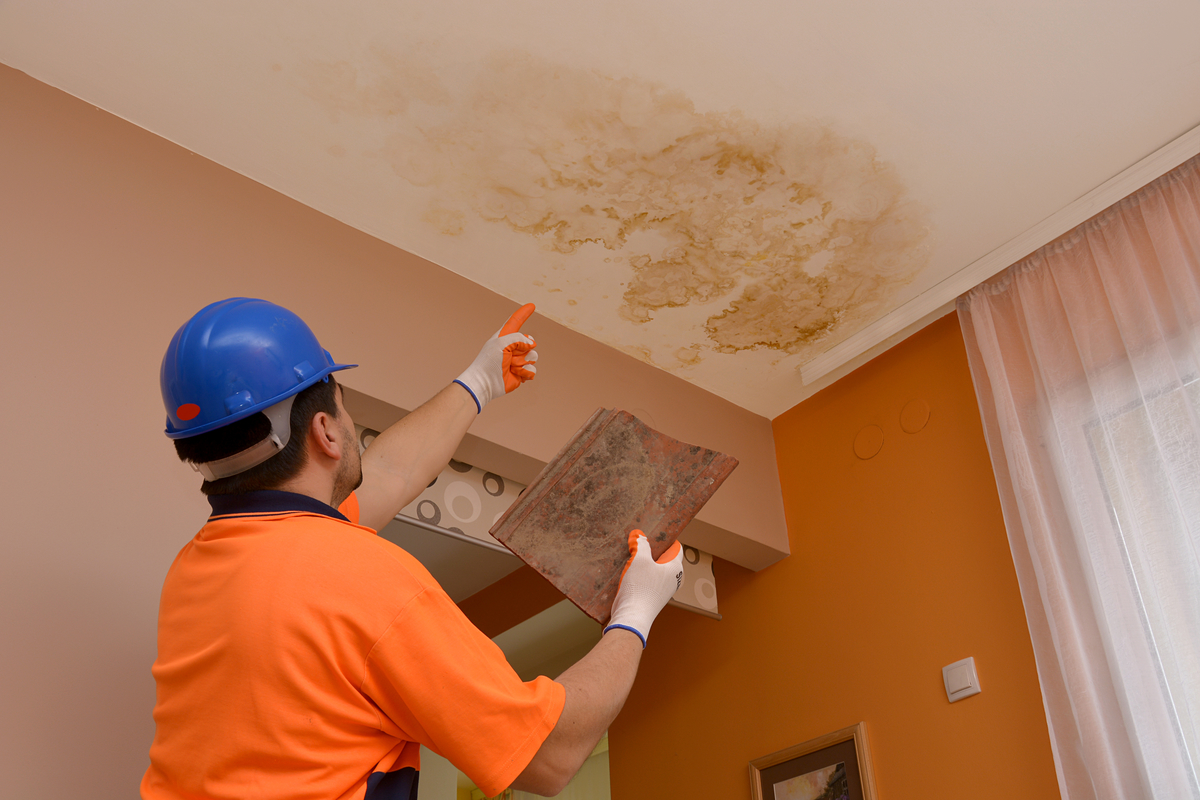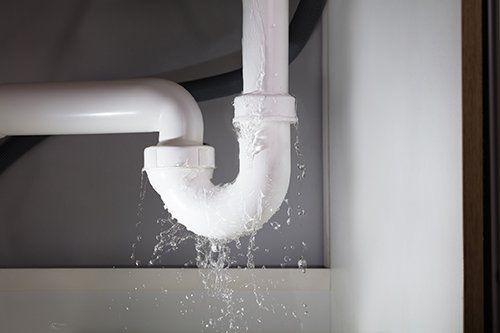Your Home's Primary Common Leak Triggers: Examination
Your Home's Primary Common Leak Triggers: Examination
Blog Article
The article following next about How to Find Water Leaks is seriously entertaining. Check it out yourself and figure out what you think of it.

Leaks not just trigger waste of water however can also create unneeded damage to your home and also promote unwanted natural development. By recognizing and looking for daily scenarios that create leaks, you can protect your home from future leaks and also unneeded damages.
Trespassing roots
Most water leaks begin outside the house rather than inside it. If you see an abrupt decrease in water stress, say in your faucet, take time to go out and analyze your lawn. You might notice wet spots or sinkholes in your backyard, which could mean that tree roots are invading water lines causing water to seep out. You can have your plumber check for intrusion, especially if you have trees or shrubs near your residential property.
Corroded water supply
This could be the cause of discoloration or warping on your water pipes. If our plumbing system is old, consider replacing the pipelines because they are at a higher danger of corrosion than the newer versions.
Faulty Pipeline Joints
The point at which your pipes attach is frequently the weakest web link in the waterline. Pipeline joints can weaken with time, resulting in water leaks. Regrettably, most of pipe joints are not easily visible. If you have loud pipelines that make ticking or banging noises, especially when the hot water is turned on, your pipe joints are possibly under a lot of stress. It is advisable to have your plumber check your system once a year.
Instant temperature adjustments.
Severe temperature adjustments in our pipelines can cause them to increase as well as contract all of a sudden. This growth and tightening might trigger splits in the pipes, specifically if the temperature are below freezing. It would certainly be best if you kept an eye on just how your plumbing works. The existence of the formerly discussed conditions frequently suggests a high danger.
Poor Water Connectors
Sometimes, a leakage can be caused by loosened tubes as well as pipelines that supply your devices. Typically, changing is what causes the loose water Connections. You might find in the case of a washing device, a hose pipe might spring a leakage due to drinking throughout the spin cycle. In case of a water links leakage, you might notice water running directly from the supply line or puddles around your devices.
Obstructed Drains
Blocked drains might be frustrating as well as inconveniencing, yet they can sometimes wind up causing an overflow resulting in burst pipelines. Maintain eliminating any kind of materials that might go down your drains pipes that can block them to avoid such troubles.
All the above are reasons for leakages yet not all water leaks arise from plumbing leaks; some leakages might come from roof covering leaks. All leakages ought to be repaired immediately to avoid water damages.
Leaks not just create waste of water yet can likewise cause unnecessary damage to your home and also advertise unwanted natural development. By comprehending as well as looking for everyday scenarios that trigger leaks, you can shield your house from future leaks as well as unnecessary damages. Today, we will look at 6 leakage triggers that might be triggering your pipes to trickle.
At times, a leakage can be caused by loose pipes and also pipelines that supply your appliances. In instance of a water links leak, you may discover water running straight from the supply line or puddles around your home appliances.
Tell-Tale Signs of a Water Leak
The Sound of Running Water
If you’re hearing water running, your first step should be to check your faucets, toilet valves, and outdoor spigots. If everything if status quo, take an exact reading of your water meter and don’t use the water for a few hours. Then, take another meter reading. If there has been no change, that means water is not running (and maybe it’s time to have your hearing checked!). If the reading has changed, however, this indicates that water is indeed flowing and you most likely have a leak.
Wet or Damp Floors
You’re walking across your carpet and suddenly squish—your sock is soaked! The dog doesn’t look guilty and your child swears they didn’t spill anything. That means you’re likely looking at sewer leakage. Now, it’s easy to just soak it up with a towel and call it a day; however, this won’t stop the leak. Ignoring the problem allows moisture to build up, ultimately causing mold or mildew. Not only is this smelly, it can be very toxic and harmful to children, the elderly, pets, and those with weak immune systems. Don’t risk the health of your home and your family—call in a professional to take care of the problem.
Foul Odors
If there’s an unpleasant smell in your home and you can’t locate the source, don’t just light a candle or spray some Febreze. Funky smells are often due to mold and mildew, which spread fast under ideal conditions (optimal temperature and level of humidity). Growth begins within about 24-48 hours, and spores start to colonize in 3-12 days, becoming visible to the eye within about 18 days. If you think the odor is leak-related, get a plumber out as soon as possible to mitigate damage from rapid fungi growth (and rid your home of the foul odor).
Overgrowth in the Lawn
Unless you didn’t fertilize your lawn evenly, a lush patch of grass in a select area of your lawn, or concentrated wet spots, indicate pipe leakage which is acting as a fertilizer. Left untreated, hazardous bacteria in the underground waste will quickly turn into a messy situation, going from lush growth to lawn destruction.
Wall Cracks
Over time, even the littlest of leaks can cause cracks in the foundation of your home and compromise the entire structure. How does it happen? The leak continues hammering away at the same spot in the ground beneath your home, eventually causing it to shift slightly. Now, you’d never feel this shift, but your walls will. This can be a very dangerous situation, so if you’re seeing vertical or diagonal cracking in your walls it’s best to call a plumber right away.
https://www.expresssewer.com/blog/6-telltale-signs-of-a-water-leak-in-your-home

I discovered that piece about Top Causes of Home Water Leaks while browsing the search engines. Sharing is good. Helping people is fun. Thanks for going through it.
Top service? Contact. Report this page